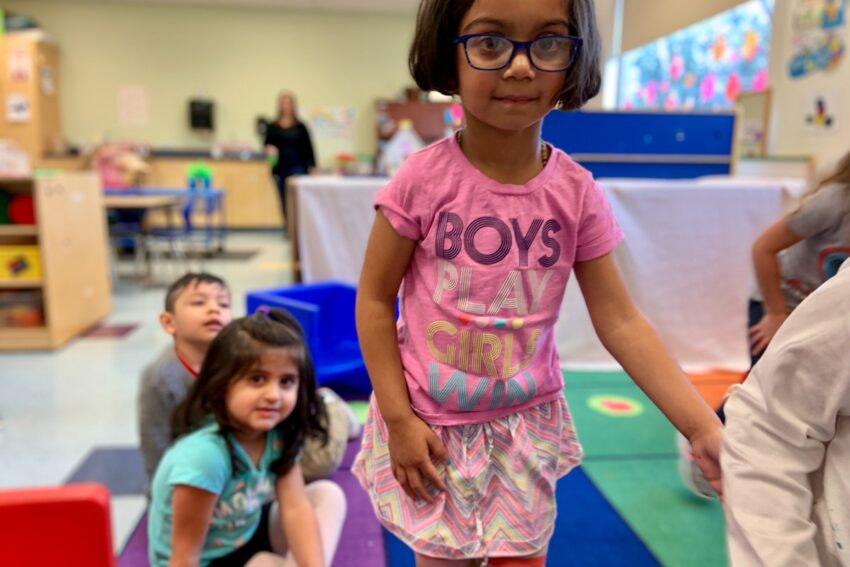Bridging Theory and Practice: International Montessori Teacher Training Unveils Effective Teaching Strategies
Montessori education is renowned for its unique teaching methods that encourage independence, self-direction, and a love for learning in children. To effectively implement this approach, it is crucial that Montessori teachers receive specialized training.
The Importance of Montessori Teacher Training
Montessori teacher training programs aim to bridge the gap between theory and practice. While theory provides educators with a foundation, practical application is essential for successful implementation.
1. Understanding Child Development
Montessori teacher training programs delve into the stages of child development, enabling teachers to create appropriate learning environments and lesson plans. Teachers gain insights into the cognitive, social, emotional, and physical development of children, allowing them to tailor their teaching strategies accordingly.
2. Mastery of Montessori Materials
Montessori classrooms are filled with unique materials that facilitate hands-on learning experiences. Teacher training programs provide teachers with a deep understanding of these materials and their purpose. Through extensive practice and guidance, teachers learn how to present the materials to students, fostering independent exploration and mastery of key concepts.
3. Observing Experienced Teachers
Mentoring is a crucial aspect of Montessori teacher training. Trainees have the opportunity to observe experienced Montessori teachers in action. This practice allows them to witness effective teaching strategies in real-time and gain practical insights into how to create a nurturing and engaging learning environment.
Implementing the Montessori Method in the Classroom
Montessori teacher training programs equip educators with the necessary tools to effectively implement the Montessori method in their classrooms.
1. Individualized Instruction
The Montessori approach emphasizes individualized instruction, giving each child the opportunity to progress at their own pace. Through training, teachers learn how to observe and assess the needs of each student, providing tailored lessons to support their development.
2. Cultivating a Prepared Environment
The classroom environment plays a vital role in Montessori education. Teacher training programs teach educators how to create a prepared environment that fosters independence, self-discipline, and exploration. Teachers learn how to arrange furniture, organize materials, and promote a sense of order and beauty in the classroom.
3. Encouraging Freedom of Choice
Montessori classrooms encourage children to make choices in their learning journey. Teachers participating in Montessori training programs learn how to provide students with a range of activities and materials, allowing them to select tasks that align with their interests and abilities. This freedom of choice helps develop intrinsic motivation and a joy for learning.
4. Supporting Peer Collaboration
Collaborative learning is fostered in Montessori classrooms. Through training, teachers gain techniques for promoting peer collaboration and creating a supportive community of learners. They learn how to facilitate group work, encourage respect and empathy among students, and foster a sense of belonging.
Montessori teacher training programs provide educators with the knowledge and skills necessary to bridge the gap between theoretical concepts and practical application in the classroom. By understanding child development, mastering Montessori materials, and observing experienced teachers, educators can effectively implement the Montessori method and create an environment that nurtures independent, self-directed, and lifelong learners.
Nidhin
For More Details Call: +917510220582

